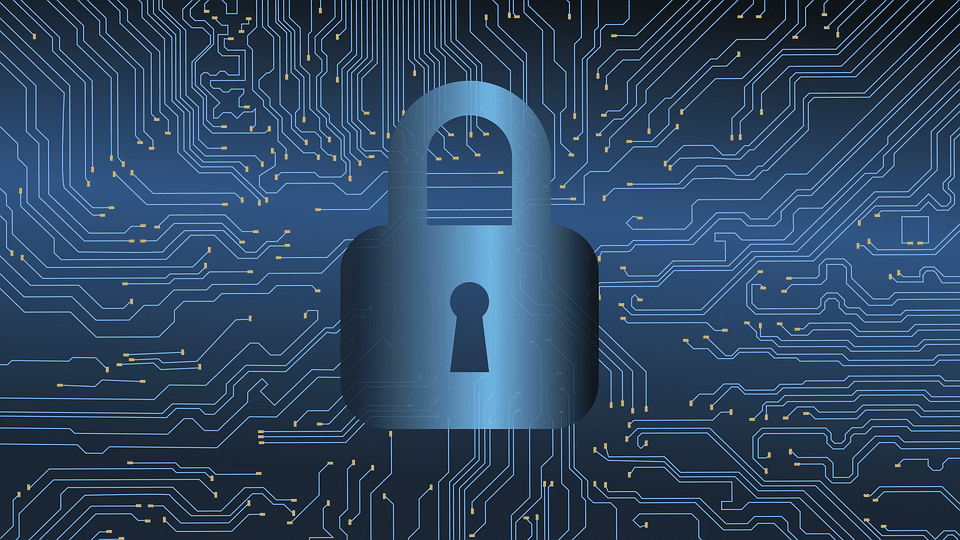Tech Tip: Network Security Can Secure Your Reputation, Too
By • May 20, 2019 One Comment 721

Your organization needs to take network security as seriously as possible. While it might seem tempting to just implement security solutions and hide behind them, thinking you’re safe, it’s much more important that you invest time and consideration into your organization’s culture.
What would happen to your business if an employee accidentally exposed your network to entry from unauthorized entities? Even sensitive documents could be stolen and sold on the black market. In particular, personally identifiable information fetches a handsome price. Furthermore, your business has to deal with the fallout that comes from suffering from a data breach, which can be a considerable issue to surmount. With fines and blows to your reputation, there is a good chance your business could be put down for good.
Here’s a walk-through of the ways to minimize threats to your network, as well as a primer on what to expect from comprehensive enterprise network security solutions.
The most common security measures for businesses are enterprise-grade, meaning that they are quite powerful while remaining accessible to businesses, depending on the service provider. In particular, you’ll want to focus on implementing the following: Unified Threat Management, Virtual Private Networks and Mobile Device Management. These are all services that provide both security and value in your investment. An optimized security plan will take all of these into consideration:
Unified Threat Management
A UTM solution is what you get when you put together four enterprise-level solutions into one tool. A UTM includes a firewall, an antivirus, a spam blocker and a content filter. Proper implementation of a UTM can help you keep threats in check — before they enter your network and after they have taken hold.
Virtual Private Networks
A VPN provides a critical connection to data on your in-house network while out of the office. Through an encrypted network, you can securely access important information without the threat of onlookers stealing data while it’s moving from point A to point B.
Mobile Device Management
Mobile devices have infiltrated the workplace in many different forms, from the wearable smartwatch to the prevalent smartphone. These devices put your data at risk every time they access your network. Mobile device management is a way to prevent damage in the event a device is lost, stolen or compromised. With measures like user access control, remote wiping and whitelisting/blacklisting applications, you’ll have enough control to keep your devices (and their data) in the right hands.
Alan Edwards, CISM, is chief information officer at Computerware, Inc., in Vienna, Virginia.


Guys, it can someone come in handy, I downloaded myself a cool VeePN that works on all platforms